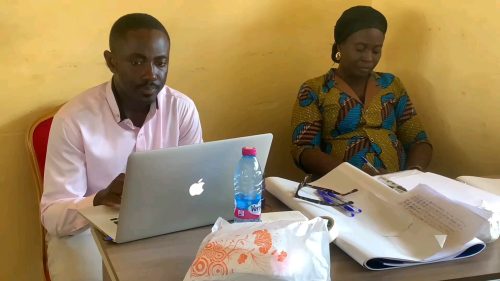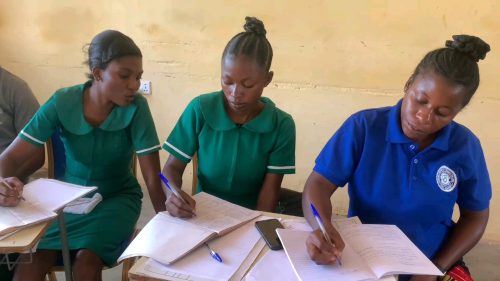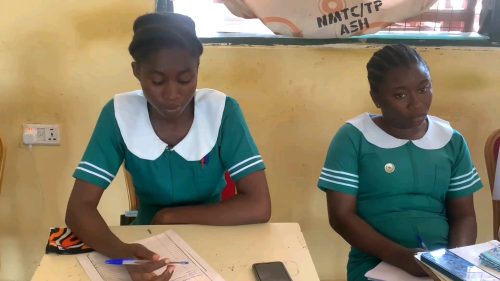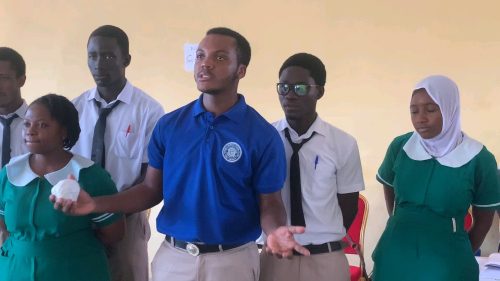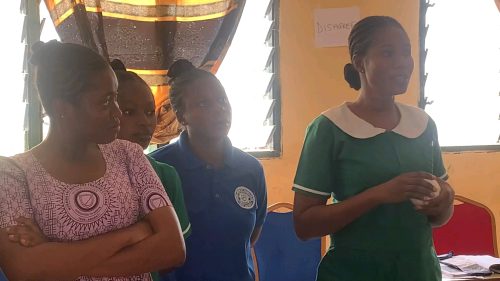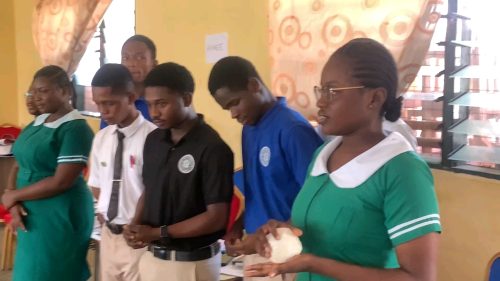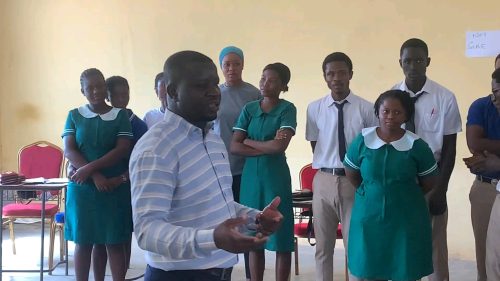Tepa Nursing and Midwifery Training College Students Trained in Health Innovation and Entrepreneurship by Mastercard Foundation and KNUST
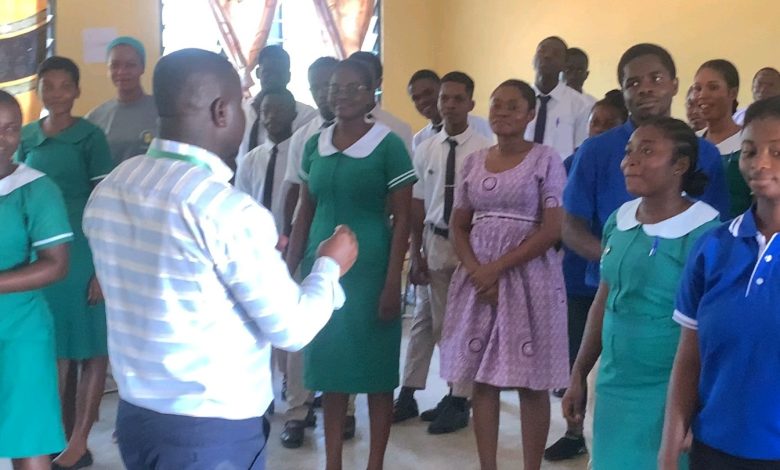

Students of the Tepa Nursing and Midwifery Training College have received training in health innovation and entrepreneurship through a collaborative initiative between the Mastercard Foundation and the Kwame Nkrumah University of Science and Technology (KNUST). The training, held on the college campus, forms part of a broader mission to equip health trainees with practical skills to solve real-world challenges while creating employment opportunities in the health sector.
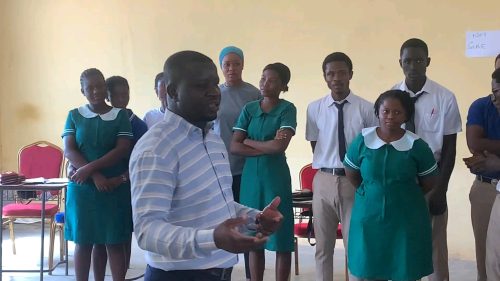
The one-day workshop was organized under the African Health Collaborative, a project led by the Mastercard Foundation and KNUST, with a focus on nurturing entrepreneurial mindsets among healthcare students. The initiative is driven by the belief that young health professionals can do more than deliver care—they can design and implement innovative solutions to improve the health ecosystem.

Facilitators from KNUST delivered sessions on entrepreneurship, digital tools, health systems innovation, and business development, aimed at preparing students to become not only competent practitioners but also job creators. The program also highlighted the pressing issue of health worker migration, commonly referred to as “brain drain,” and how entrepreneurship could serve as a viable alternative for young nurses and midwives seeking career fulfillment at home.
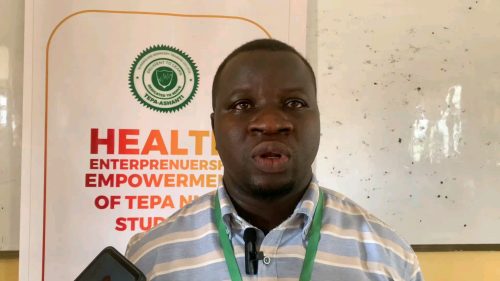
Speaking during the event, Mr. Isaac Boakye, a facilitator from KNUST, explained that the training seeks to reposition students as active contributors to national development. He stated that the program is structured around three main pillars—Health Entrepreneurship, Health Employment, and Health Ecosystems—which together provide a comprehensive foundation for transforming the future of healthcare in Ghana and beyond.

Mr. Boakye further disclosed that the African Health Collaborative has plans to host a pitch competition to allow students to showcase their business ideas. Winners will receive startup kits and financial support to implement their concepts. “We have set aside $1 million for this initiative. Any viable health-related business idea that emerges from this program will receive at least $15,000 in seed funding,” he said.

Lecturers at the Tepa Nursing and Midwifery Training College welcomed the initiative with enthusiasm. Mrs. Lydia Konadu, one of the college’s tutors and local facilitators, said the training has exposed students to new perspectives on the value of their education. She emphasized that this shift from a purely clinical focus to a more innovative, entrepreneurial approach will significantly impact students’ career choices.

Many of the participating students described the program as an eye-opener. They expressed gratitude for the opportunity to gain insights into how they can use their skills to create positive change in their communities. “We’ve always thought of ourselves as nurses and midwives. Now we also see ourselves as potential innovators and business owners,” said one of the students.

The Health Entrepreneurship Empowerment Program is one of several initiatives under the Mastercard Foundation’s Young Africa Works strategy, which aims to provide 30 million young Africans with access to dignified and fulfilling work. By bringing such training to institutions like Tepa Nursing and Midwifery Training College, the Foundation is helping to shape a generation of healthcare professionals who are equipped to lead in both clinical care and entrepreneurial innovation.








